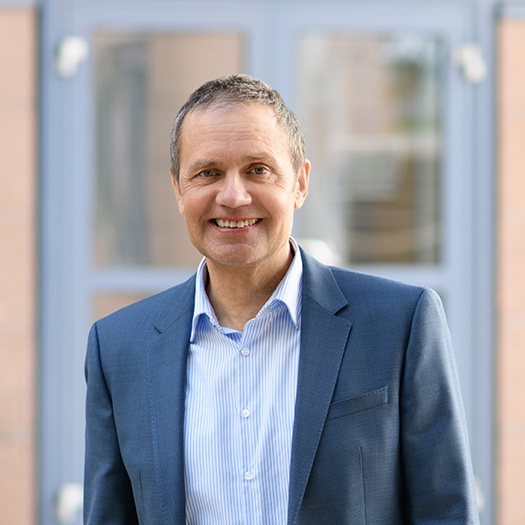Living Sustainability at ZEW
Dates and NewsThe issue of sustainability has been of great importance for ZEW Mannhein for many years. In 2017, the institute signed the WIN Charter of the State of Baden-Württemberg, thereby committing to economic, ecological and social sustainability. In the recently published sustainability report for 2019, ZEW provides information on the progress the institute has made towards sustainability.
“We promote our sustainability goals by following the twelve guiding principles of the WIN Charter and are constantly working on strengthening and optimising this aspect at the institute,” says ZEW Director Thomas Kohl. “Last year, we placed particular emphasis on human rights and employee rights, employee welfare, resources as well as energy and emissions.”
To ensure employee welfare at the institute, ZEW has put in place programmes to support post-doctoral researchers. By establishing the Career Development Committee, the institute has, for instance, made available information documents to point out career options for PhD candidates. In the area of health, activities like weekly yoga classes or the corporate running event organised by Bauhaus were met with particularly great interest among employees.
In the area of energy, the institute was able to reduce its power consumption by replacing the existing lamps with modern LED lights. In addition, ZEW also provides electric company bikes for staff and is currently examining the possibility of installing photovoltaic modules on the roof of the ZEW building.
Measures related to sustainable work processes include, for instance, the expansion of electronic communication channels, which are of central significance for engaging in evidence-based policy advising and communicating scientific findings to the members of the public. Over the past year, the institute was also able to strengthen its collaboration with the target group of schools through the YES! School Competition.
Recently, the institute also launched the initiative ‘Sustainable ZEW’, which is tasked with developing new sustainability concepts. As part of its activities, this group explores how science can act as multiplier in the public discourse on how to cope with the climate crisis and proposes approaches for how ZEW can contribute to the transition to a low-emissions economy in the areas of mobility, infrastructure, food, consumption and waste.
